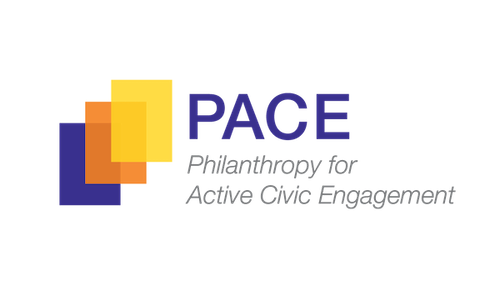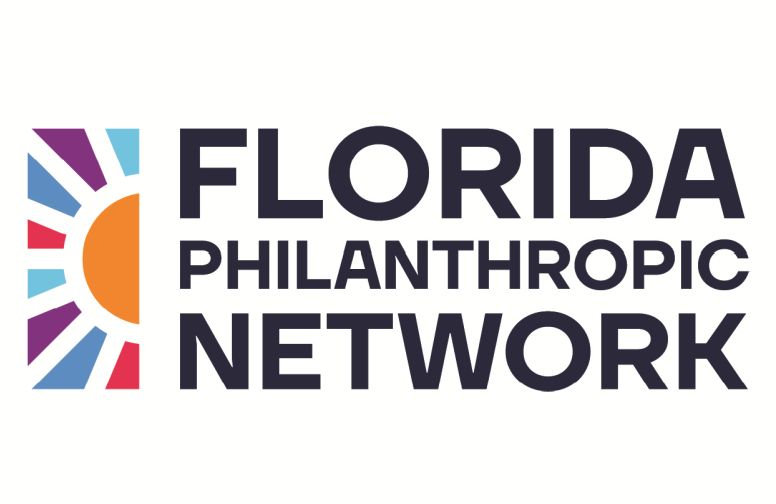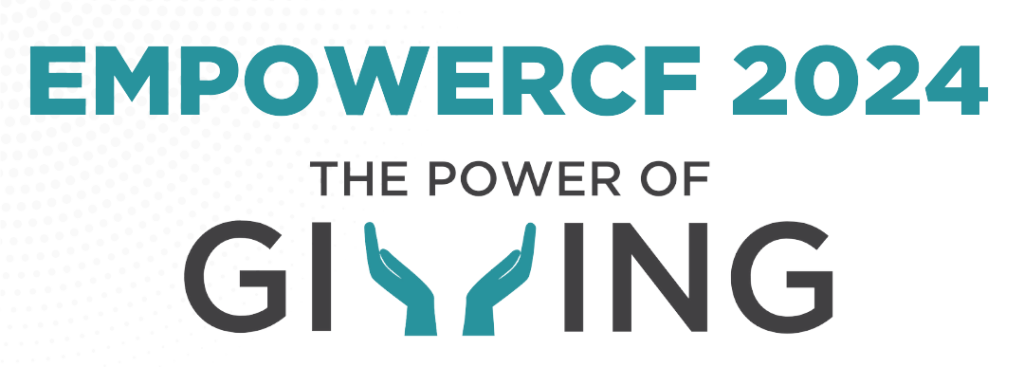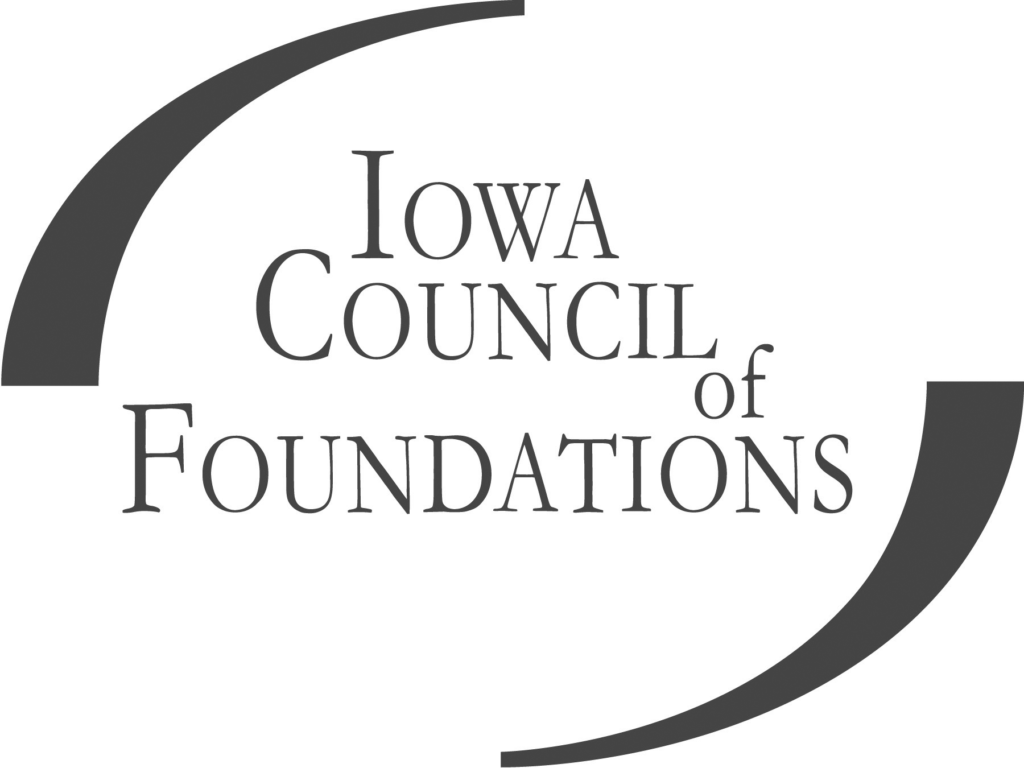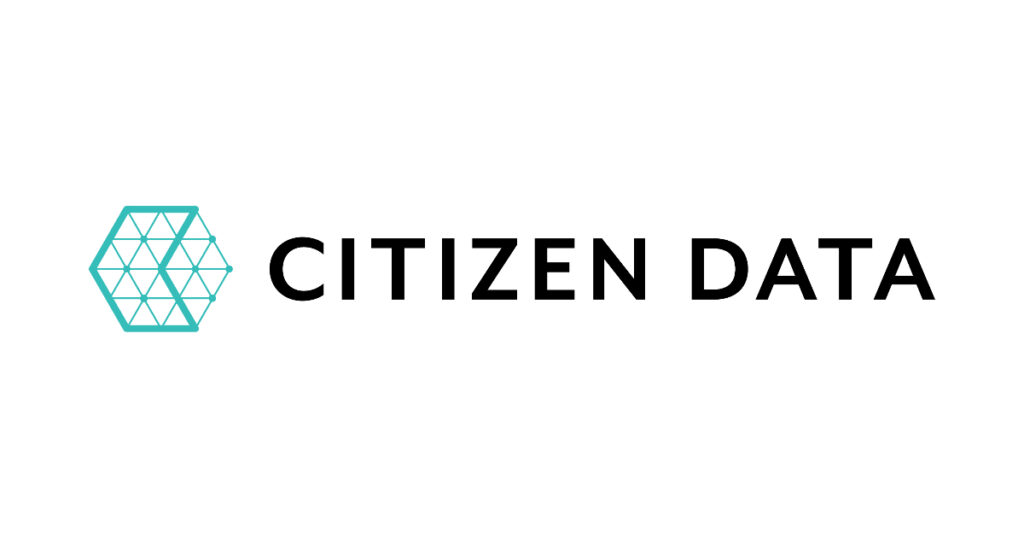Recordings and Highlights from
Civic Language
Webinar Recaps
After the release of new Civic Language Perception Project findings in 2024, PACE facilitated a series of webinars that presented a deeper look into Americans' perceptions of specific terms, as well as how certain audiences receive civic terms. Below you will find a recording and synopsis of each webinar as they are ready, along with slide decks and featured graphics.
Skip to a Section
March 6
Signal Speak: What our civic language says to others -- and how they feel about it
Three Things to Know From the Data
#1: American voters got more positive on civic terms.
We retested 11 of our 21 civic terms. Comparing our data from 2021 to 2023, Americans got significantly more positive on terms like liberty, citizen, and belonging. Even terms like racial equity and social justice saw meaningful gains. Unity and diversity were the exceptions; Americans’ impressions of these two terms stayed about the same.
#2: American voters agree that freedom is a highly positive term. It was the most positive civic term in our 2023 data.
If you want a term that resonates with Americans broadly, freedom is a great place to start. Over 85% of Americans have a positive impression of freedom.
#3: Terms that align with people’s personal values and make them feel hopeful about the future are the most positive.
We asked people what factors were shaping their positive and negative impressions of terms. Values alignment and hope were the top two reasons influencing positivity; whereas politicians speaking negatively about a term and causing people to feel fearful about the future were the top two reasons influencing negative impressions.

March 15
Civic education & Civic language:
What should we say?
Three Things to Know From the Data
#1: Civic education makes a difference in Americans’ embracing of civic terms.
Across the board, term positivity was higher for survey respondents who reported taking civics or American government classes than those who did not. The only exception was social justice.
#2: For the most part, the more civic education experiences someone had, the more positive they were towards terms.
This was true for 15 of our 21 terms. The terms that did not follow this pattern included American, citizen, equality, liberty, patriotism, and service. For these words, people with just one or two civic education experiences were the most positive towards terms.
#3: Term positivity went up overall from 2021 to 2023, and interestingly, that increase was driven more by people who did not have civic education than those who did.
When looking at the 11 terms we tested in both 2021 and 2023, the average positivity increase was 9 percentage points for people who had civic education, but 15 percentage points for people who did not.
April 4
Should we say patriotism?
Three Things to Know From the Data
#1: A Majority of Americans have positive impressions of the term “patriotism.”
Two-thirds (66%) of all Americans say they have a positive impression of the term, and especially those who have served in the military (79%) or served on a jury (77%).
#2: One’s impression of the term can vary based on their age, race, or political ideology.
Older Americans tend to have more positive impressions of the term than younger Americans, while white Americans have more positive impressions of the term than Americans of color. Political conservatives are far more positive about the term than political liberals — somewhat conservative Americans led with 87% having a positive attitude toward the term patriotism, while very liberal Americans had the lowest percentage of those with a positive attitude toward the term patriotism (33%).
#3: For those who have a negative impression of the term, the most cited reason is it “makes me think of people I dislike.”
This is especially true for political liberals. Half of those identifying somewhat liberal and two-thirds of those identifying as very liberal cited “people I dislike” as the reason they do not like the term, compared to less than a quarter of those identifying as somewhat/very conservative.
May 1
What should we say
to gen Z?
Three Things to Know From the Data
#1: Gen Z had a higher rate of neutrality and unfamiliarity of the terms than the national sample set as a whole. While Gen Z was more positive than anything else towards the terms, they had a slightly lower rate of positivity than the national sample. Their negativity rate tracked closely.
#2: Gen Z was most positive towards the terms freedom and community and most negative towards patriotism. Their most commonly selected reason for being negative towards patriotism was their lack of confidence using the term.
#3: Young people were one of the age groups driving the increase in positivity towards civic terms over the last two years. From 2021 to 2023, Americans’ positive perceptions of civic terms increased by 10.5% points across our retested terms. For young people 18-34, the increase was 15.4%–making young people one of the groups responsible for driving the increase.
June 4
Should we say
racial equity?
Three Things to Know From the Data
#1: From 2021 to 2023, Americans developed more of an opinion about the term racial equity. In two years, the rate of unfamiliarity went down (-4.2 percentage points) as did neutrality (-7.7). Rates of positivity (+9.1) and negativity (+2.7) went up.
#2: Americans largely think the term racial equity is more meant for someone else than for them. Inversely, the groups that feel that it’s more meant for them than someone else are young people (<34), liberals, minority racial/ethnic groups, and people living in an urban setting.
#3: The reasons people are negative and positive on racial equity as a term are different. On the positive side, Americans tell us that this term reflects their personal values and makes them feel hopeful for the future. On the negative side, Americans report that the media and politicians portray the term in a negative light. Confidence in using the term also seems to be a factor in positive and negative feelings towards the term.
July 30
What should we say to rural communities?
Three Things to Know From the Data
#1: Rural voters have very positive perceptions of core democratic terms. Their top 5 most positive terms – freedom, liberty, constitution, citizen, and American – all had positivity rates of over 80%, with freedom topping the list. 91% of rural voters said they have a positive impression of the term.
#2: Perceptions of terms vary more within rural communities than between rural voters and voters living in urban and suburban areas. Positivity differences between rural voters and metro voters were most commonly under 10 points, with the highest difference at 15 points for the term social justice. By contrast, comparing people with different political ideologies within the rural environment, all but two terms have a positivity differential of more than 10 points, with differences topping out at 67 points for the term patriotism.
#3: Rural voters’ perceptions of civic terms got more positive over the last two years. From 2021 to 2023, voters in rural, suburban, and urban communities got more positive on the same 9 of the 11 terms we resurveyed. Rural voters got even more positive than other voters on the terms democracy and patriotism.
August 15
Should we say democracy?
Three Things to Know From the Data
#1: 90% of American voters are either positive or neutral about the term democracy. 70% of American voters have a positive impression of the term democracy, with males being more positive than females, Asian and White Americans being more positive than other racial groups, liberals and Democrats being more positive than conservatives and Republicans, and older Americans being more positive than younger ones. On average Americans got MORE positive on the term democracy over the last two years, with young people, Independents, and Black Americans seeing the most gains in positivity.
#2: Liberals and conservatives have different relationships to the terms democracy and republic. Liberals are much more lop-sided in their impressions of the two terms and are way most positive about the term democracy. Conservatives have a more even impression of the two terms, but do slightly prefer the term republic.
#3: Collectively, Americans have a robust understanding of the term democracy. We asked for people to tell us in their own words what the term democracy means. They had a lot to say about the values of democracy, the role of government, and in critiquing its shortcomings and failings. Liberals and conservatives emphasized different themes in their definitions. For example, liberals emphasized the role of government as a tool for social justice and equality whereas conservatives highlighted the limits of government and the importance of individual liberty.
Roadshow Recaps
Three Things to Know From the Data
#1: By age, survey respondents got more positive and less negative on patriotism, citizen, and constitution as they got older. There was little difference in positivity rates by age for terms like belonging, community, equality – leading us to believe those are terms that transcend age perception differences.
#2: By race and ethnicity, the most positive word for most major groups was freedom (90% Asian people, 86% Hispanic people, 90% white people). For Black people, unity and community was rated more positively than freedom (75%)—the first time in our analysis we did not see freedom as the most positive term for a group.
#3: Black or African American respondents were one of the groups that drove the positivity increase over the last two years—more than Hispanic and white people. Black people’s positivity rate increased an average of 14 percentage points in two years, whereas Hispanic people increased 8 percentage points and white people increased 7 percentage points.
Three Things to Know From the Data
#1: Looking at the Rural Midwest oversample, rural Midwesterners are less positive on terms in our racial equity cluster than both the national sample AND the rural national sample. Advocacy and diversity are two words where the difference is greatest when comparing positivity rates among the samples.
#2: Community, belonging, and service fare well with rural communities—whether in the Midwest or across the country.
#3: When forced to select their most positive term, we see that rural Midwesterners selected civility and patriotism at rates higher than respondents in the national sample. When forced to select their most negative term, they selected bipartisan, citizen, and democracy at higher rates than the national sample.
Three Things to Know From the Data
#1: Iowa respondents demonstrated higher positivity towards terms like citizen, unity, and belonging than national and rural Midwest respondents. For most terms tested, Iowa positivity rates were close to national rates OR rural Midwest rates, but rarely both.
#2: In the Iowa oversample, volunteering is associated with more term positivity, especially for racial equity terms. For example, Iowans who volunteered were 15 percentage points more positive on the term racial equity than those who did not.
#3: Like national funders, Iowa funders are out of step with Americans on term positivity and the perception that terms bring people together. For example, only a third of funders are positive on the term patriotism, and they are more likely to say it drives people apart. On the other hand, 2/3rds of Americans like the term, and they are more likely to say it brings people together.
Three Things to Know From the Data
#1: There are major differences between funder perceptions of terms and the general public, which explains why many funders tell us they feel a disconnect in their language. For example, almost 90% of funders are positive on civic engagement and 85% are positive on racial equity as terms, but only a little more than half of Americans agree in both cases. Conversely, almost 70% of Americans like the term patriotism while only 30% of funders agree.
#2: Racial equity, social justice, and diversity are terms that Americans perceive to be driving people apart the most. That said, Americans don’t pick diversity as their most negative term at nearly the same rate that they pick social justice and racial equity—indicating an opportunity to lean on diversity as a term in larger DEI efforts.
#3: Similarly, our research indicates that racial equity is a term perceived to drive people apart mostly through a political lens—38% of conservatives think it drives people apart whereas most other demographic groups fall in the 20-25% range.
Three Things to Know From the Data
#1: Gen Z lacks a relationship with civic engagement as a term. Comparing three different data sets (national, national Gen Z, and rural Midwest Gen Z), we see that where positivity of the term is lower, unfamiliarity and neutrality are higher—not negativity. This presents an opportunity to fill in the blanks for Gen Z on what civic engagement is and how they might feel about it.
#2: The reasons Gen Z like civic engagement is because it makes them think of people they like and the media portrays it in a positive light. On the flip side, the most common reason Gen Z does not like civic engagement is because they do not feel confident in using the term—again, another opportunity presents itself.
#3: For most terms, college education is associated with higher rates of civic motivation—showing the biggest differences in terms like democracy, service, and civic engagement. The only terms this was not the case for were bipartisan and bridging.
Three Things to Know From the Data
#1: The terms that Americans tell us are motivating them to action the most include freedom, American, liberty, and citizen. On the other end of the spectrum, terms like civic engagement, bridging, and bipartisan are least motivating them.
#2: Gen Z are most motivated by terms in our racial equity cluster (equality, unity, social justice), and they significantly trail older Americans in being motivated by patriotism, bipartisan, American, and democracy.
#3: Volunteerism is associated with higher rates of term positivity and lower rates of term unfamiliarity and neutrality, potentially demonstrating volunteerism’s power in putting meaning through lived experience into our civic language.
Three Things to Know From the Data
#1: Overall, survey respondents told us that the terms that motivated them the most to vote are freedom, American, and liberty. Democracy was significantly more motivating to Americans than Republic, though both of those words had the highest rates of unmotivation to vote.
#2: Freedom is universally motivating to Americans. Variances were minor, with the largest differences showing up by those with and without civic education. Also, freedom seems to get more motivating as Americans get older.
3. Democracy is a little more of a mixed bag in terms of motivation. Variances are large by political ideology, with very liberals reporting the highest motivation from the term. Young people under 34 and people without civic education are the least motivated by the term.
Three Things to Know From the Data
#1: Looking at positivity rates for the oldest (55+) and youngest (18-24) Americans, the majority of terms saw large differences: constitution (38 percentage points difference), patriotism (36), bipartisan (36), and American (35). The words where positivity rates were close together included unity, belonging, equality, and racial equity—which was one of our more polarizing terms in other contexts.
2. For both older and younger Americans, volunteering or serving in a national service program is associated with significantly higher rates of positivity towards the term democracy. For older Americans, the gain is 8 percentage points. For younger Americans, the gain is 15 percentage points.
3. When looking at the civic engagement cluster of terms (community, belonging, service, civic engagement, etc), people who served in national service or volunteered reported a stronger positive relationship with the terms than the national average. They were more likely to think the terms bring people together, to perceive that the terms are meant for them, and to be motivated by the terms to help others in their communities.
Roadshow Recaps
Three Things to Know From the Data
#1: By age, survey respondents got more positive and less negative on patriotism, citizen, and constitution as they got older. There was little difference in positivity rates by age for terms like belonging, community, equality – leading us to believe those are terms that transcend age perception differences.
#2: By race and ethnicity, the most positive word for most major groups was freedom (90% Asian people, 86% Hispanic people, 90% white people). For Black people, unity and community was rated more positively than freedom (75%)—the first time in our analysis we did not see freedom as the most positive term for a group.
#3: Black or African American respondents were one of the groups that drove the positivity increase over the last two years—more than Hispanic and white people. Black people’s positivity rate increased an average of 14 percentage points in two years, whereas Hispanic people increased 8 percentage points and white people increased 7 percentage points.
Three Things to Know From the Data
#1: Looking at the Rural Midwest oversample, rural Midwesterners are less positive on terms in our racial equity cluster than both the national sample AND the rural national sample. Advocacy and diversity are two words where the difference is greatest when comparing positivity rates among the samples.
#2: Community, belonging, and service fare well with rural communities—whether in the Midwest or across the country.
#3: When forced to select their most positive term, we see that rural Midwesterners selected civility and patriotism at rates higher than respondents in the national sample. When forced to select their most negative term, they selected bipartisan, citizen, and democracy at higher rates than the national sample.
Three Things to Know From the Data
#1: Iowa respondents demonstrated higher positivity towards terms like citizen, unity, and belonging than national and rural Midwest respondents. For most terms tested, Iowa positivity rates were close to national rates OR rural Midwest rates, but rarely both.
#2: In the Iowa oversample, volunteering is associated with more term positivity, especially for racial equity terms. For example, Iowans who volunteered were 15 percentage points more positive on the term racial equity than those who did not.
#3: Like national funders, Iowa funders are out of step with Americans on term positivity and the perception that terms bring people together. For example, only a third of funders are positive on the term patriotism, and they are more likely to say it drives people apart. On the other hand, 2/3rds of Americans like the term, and they are more likely to say it brings people together.
Three Things to Know From the Data
#1: There are major differences between funder perceptions of terms and the general public, which explains why many funders tell us they feel a disconnect in their language. For example, almost 90% of funders are positive on civic engagement and 85% are positive on racial equity as terms, but only a little more than half of Americans agree in both cases. Conversely, almost 70% of Americans like the term patriotism while only 30% of funders agree.
#2: Racial equity, social justice, and diversity are terms that Americans perceive to be driving people apart the most. That said, Americans don’t pick diversity as their most negative term at nearly the same rate that they pick social justice and racial equity—indicating an opportunity to lean on diversity as a term in larger DEI efforts.
#3: Similarly, our research indicates that racial equity is a term perceived to drive people apart mostly through a political lens—38% of conservatives think it drives people apart whereas most other demographic groups fall in the 20-25% range.
Three Things to Know From the Data
#1: Gen Z lacks a relationship with civic engagement as a term. Comparing three different data sets (national, national Gen Z, and rural Midwest Gen Z), we see that where positivity of the term is lower, unfamiliarity and neutrality are higher—not negativity. This presents an opportunity to fill in the blanks for Gen Z on what civic engagement is and how they might feel about it.
#2: The reasons Gen Z like civic engagement is because it makes them think of people they like and the media portrays it in a positive light. On the flip side, the most common reason Gen Z does not like civic engagement is because they do not feel confident in using the term—again, another opportunity presents itself.
#3: For most terms, college education is associated with higher rates of civic motivation—showing the biggest differences in terms like democracy, service, and civic engagement. The only terms this was not the case for were bipartisan and bridging.
Three Things to Know From the Data
#1: The terms that Americans tell us are motivating them to action the most include freedom, American, liberty, and citizen. On the other end of the spectrum, terms like civic engagement, bridging, and bipartisan are least motivating them.
#2: Gen Z are most motivated by terms in our racial equity cluster (equality, unity, social justice), and they significantly trail older Americans in being motivated by patriotism, bipartisan, American, and democracy.
#3: Volunteerism is associated with higher rates of term positivity and lower rates of term unfamiliarity and neutrality, potentially demonstrating volunteerism’s power in putting meaning through lived experience into our civic language.
Three Things to Know From the Data
#1: Overall, survey respondents told us that the terms that motivated them the most to vote are freedom, American, and liberty. Democracy was significantly more motivating to Americans than Republic, though both of those words had the highest rates of unmotivation to vote.
#2: Freedom is universally motivating to Americans. Variances were minor, with the largest differences showing up by those with and without civic education. Also, freedom seems to get more motivating as Americans get older.
3. Democracy is a little more of a mixed bag in terms of motivation. Variances are large by political ideology, with very liberals reporting the highest motivation from the term. Young people under 34 and people without civic education are the least motivated by the term.
Three Things to Know From the Data
#1: Looking at positivity rates for the oldest (55+) and youngest (18-24) Americans, the majority of terms saw large differences: constitution (38 percentage points difference), patriotism (36), bipartisan (36), and American (35). The words where positivity rates were close together included unity, belonging, equality, and racial equity—which was one of our more polarizing terms in other contexts.
2. For both older and younger Americans, volunteering or serving in a national service program is associated with significantly higher rates of positivity towards the term democracy. For older Americans, the gain is 8 percentage points. For younger Americans, the gain is 15 percentage points.
3. When looking at the civic engagement cluster of terms (community, belonging, service, civic engagement, etc), people who served in national service or volunteered reported a stronger positive relationship with the terms than the national average. They were more likely to think the terms bring people together, to perceive that the terms are meant for them, and to be motivated by the terms to help others in their communities.
MAILING ADDRESS
611 Pennsylvania Ave SE, #372
Washington, DC 20003
